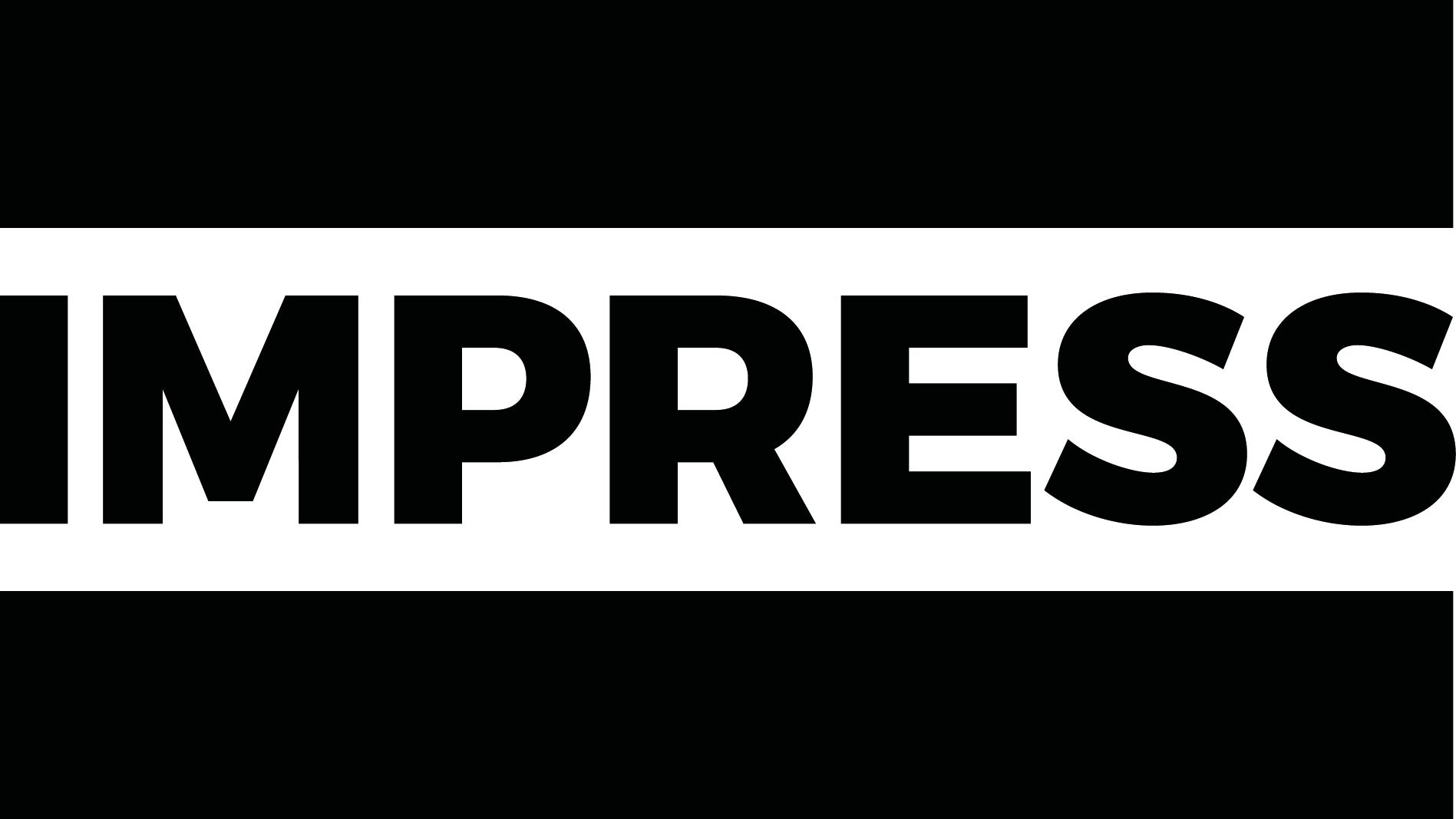
The arbitration arm of press regulator Impress has concluded its first complaint and ordered website Byline to pay £2,500 in libel damages to freelance journalist Dennis Rice.
Rice complained over two twitter messages posted by Byline, the journalism crowdfunding site which has signed up to Royal Charter-backed regulator Impress.
Under the Royal Charter, Impress must offer claimants a free libel complaints arbitration scheme.
Rice opted to go to arbitration rather than have his case decided by the Impress complaints committee.
Rice complained over two Twitter messages posted from the Byline Media account on 6 March 2017.
He is a former investigations editor of the Mail on Sunday who today works as a freelance TV producer and PR consultant.
Byline sent the tweets in question as part of its investigation into the use of private detective Steve Whittamore by the Daily Mail and other titles and into the illegal “blagging” of private information in the mid 2000s.
Rice says that collectively the tweets in question were viewed by potentially over 54,000 people.
The first from the @Byline account said: “High on #blaggingscandal PI Steve Whittamore’s top contact list – AFTER charging – is @Dennisricemedia’s phone number and email”.
The second @Byline Twitter message said: “If anyone else remembers @Dennisricemedia tabloid trolling #Leveson witnesses and @Byline Media journos we have new evidence might explain”.
Rice told the arbitrator: “When the tweets – posted three minutes apart – are paired against me anyone reading them is left with the clear and false impression that I trolled witnesses to the Leveson inquiry in order to cover up the fact that I was a ‘top contact of Whittamore’.”
The panel found that tweet number one “lacked defamatory tendency”.
It said the panel’s view was that the meaning of the first tweet was that Rice was a “top contact” of Whittamore rather than that he had been engaged in blagging himself.
On tweet two the panel found that “tabloid trolling” means it was alleged Rice was involved in “disruptive and upsetting” activity.
Rice said the tweets caused him “serious harm” as required under the Defamation Act, because they come up in Google searches and could deter prospective clients for his business. The panel agreed that tweet number two was not true and did cause serious harm to Rice’s reputation.
It found that £2,500 was reasonable compensation for Rice and directed that Byline Media shall not republish the information.
Rice told Press Gazette: “I would like to thank the arbitrator and Impress for the professional way in which they dealt with my complaint.
“I now hope this brings to an end what has been a long and sorry conflict between myself and by Byline chief executive Peter Jukes.”
Byline said in a statement: “We are happy that this first arbitration process has defended us against Mr Rice’s claims for harassment and malicious falsehood and vindicated Byline Investigations by finding its first tweet accurate.”
On the tweet which was found to be defamatory, Byline said: “We are currently seeking legal advice on appealing this part of the decision to further establish the benchmarks for publishers. We will be launching our crowdfund for this very soon.””
Email pged@pressgazette.co.uk to point out mistakes, provide story tips or send in a letter for publication on our "Letters Page" blog
